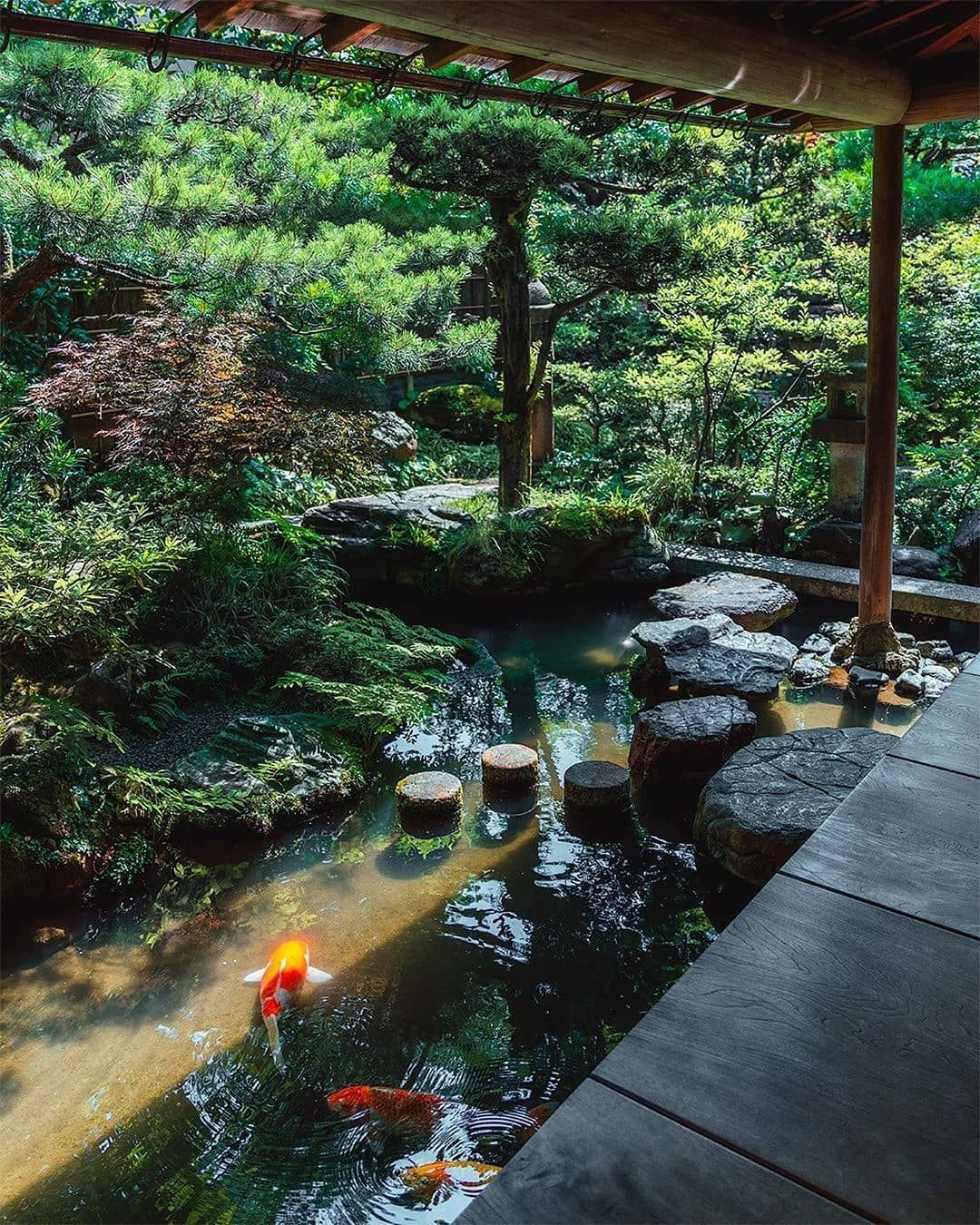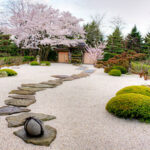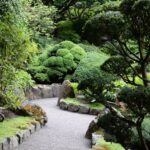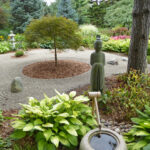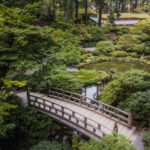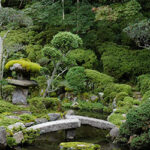Japanese gardens are renowned for their intricate designs and serene beauty. These carefully crafted landscapes are more than just a collection of plants and rocks, they are a reflection of Japanese culture and beliefs. One of the key elements that make Japanese gardens so unique is the extensive use of symbolism.
Symbolism plays a crucial role in Japanese gardens, with every element carefully chosen to evoke specific meanings and emotions. Understanding the symbolism behind these elements can help us appreciate the deeper significance of these gardens.
One of the most prominent symbols in Japanese gardens is water. Water is often represented by ponds, streams, or waterfalls, and is believed to symbolize purification, renewal, and life. The flowing water in a Japanese garden is not only aesthetically pleasing, but also represents the constant cycle of life and the passage of time.
Another common feature in Japanese gardens is rocks and stones. These rocks are carefully placed to create a sense of harmony and balance in the garden. Rocks are often used to represent mountains or islands, and are believed to symbolize stability, strength, and longevity. In Japanese culture, rocks are also thought to have spiritual significance, with some rocks believed to possess spirits or deities.
Plants and trees also play a significant role in Japanese gardens, with each species carefully selected for its symbolic meaning. Cherry blossoms, for example, are a symbol of beauty, transience, and the fleeting nature of life. Bamboo is often used to represent strength, flexibility, and resilience. Pine trees are a symbol of longevity and endurance, while plum blossoms are associated with perseverance and hope.
In addition to these natural elements, Japanese gardens often feature man-made structures such as lanterns, bridges, and gates. These structures are not just decorative, but are also imbued with symbolic meaning. Lanterns, for example, are a symbol of enlightenment and spiritual guidance. Bridges are a metaphor for the journey of life and the transition from one stage to the next. Gates represent the boundary between the physical world and the spiritual realm.
By understanding the symbolism in Japanese gardens, we can gain a deeper appreciation for the artistry and thought that goes into creating these tranquil landscapes. Each element in a Japanese garden is carefully chosen to convey a specific message or evoke a particular feeling, resulting in a harmonious and meditative space that reflects the beauty and complexity of Japanese culture.
